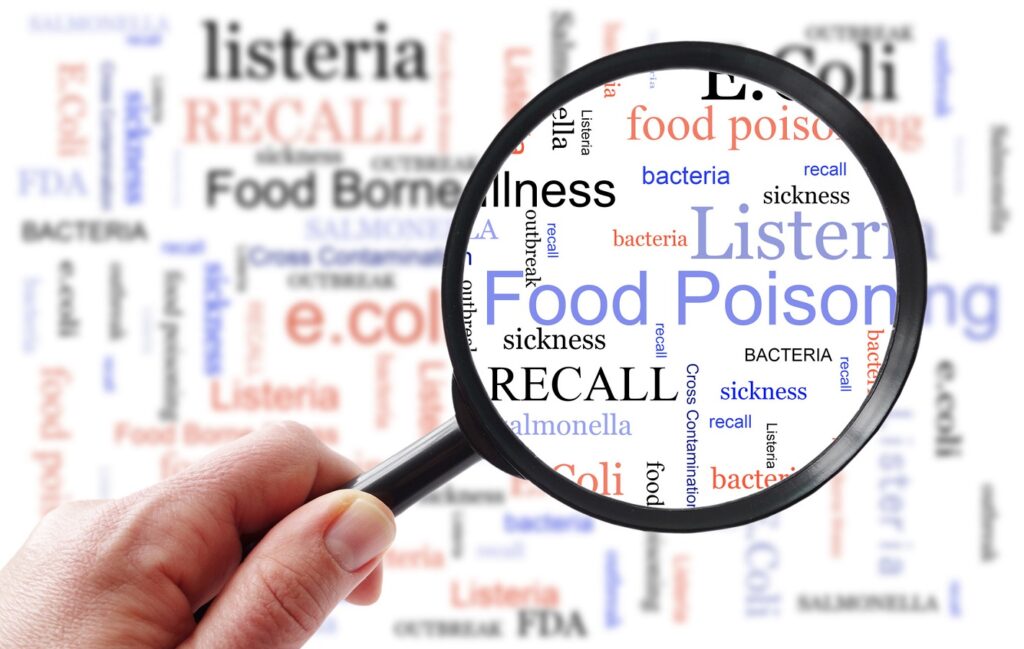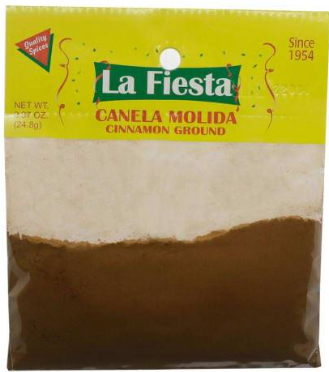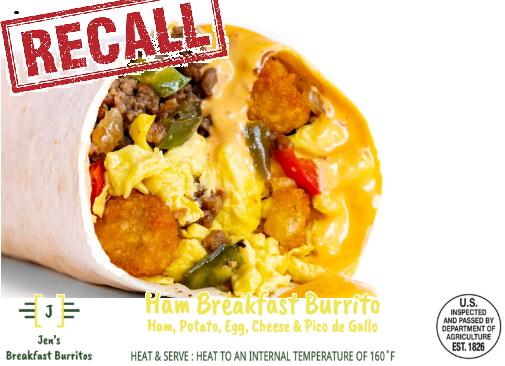The FDA has reviewed 90 confirmed complaints/reports of adverse events potentially linked to recalled products. The CDC’s National Center for Environmental Health is conducting case finding efforts in collaboration with state and local health departments. CDC’s case definition for state partners includes a blood lead level of 3.5 µg/dL or higher measured within 3 months after consuming a recalled WanaBana, Schnucks, or Weis brand fruit puree product after November 2022. As of March 8, CDC has received reports of 126 confirmed cases, 336 probable cases, and 37 suspected cases for a total of 499 cases from 44 different states through their reporting structure. For more information, please visit the CDC’s page to review their case reporting methodology and findings. The CDC and FDA have different data sources, so the counts reported by each agency will not directly correspond. In addition, some people affected by the contaminated product might be reflected in both the numbers reported by the FDA and the numbers reported by the CDC, so the numbers should not be added together. The stores affected by the recall include WanaBana apple cinnamon fruit puree pouches sold nationally and have been available through multiple retailers, including Amazon, Dollar Tree, Family Dollar/Dollar Tree combination stores, and other online outlets. Schnucks-brand cinnamon-flavored applesauce pouches and variety packs were sold at Schnucks and Eatwell Markets grocery stores. Weis-brand cinnamon applesauce pouches are sold at Weis grocery stores. @ https://www.fda.gov/food/outbreaks-foodborne-illness/investigation-elevated-lead-chromium-levels-cinnamon-applesauce-pouches-november-2023?utm_medium=email&utm_source=govdelivery
ruth
Do not eat, sell, or serve multiple brands of recalled apple cinnamon fruit pouches. FDA’s investigation is ongoing.
ruth
CORE update of March 13, 2024: the CORE list of outbreaks and adverse events includes three activity cases. The only update is for the investigation of elevated lead & chromium levels in cinnamon applesauce pouches (ref #1198). The advisory has been updated. FDA has reviewed 90 confirmed complaints/reports of adverse events potentially linked to recalled products. As of March 8, the CDC has received reports of 126 confirmed cases, 336 probable cases, and 37 suspected cases for a total of 499 cases from 44 different states. Wanabana has voluntarily recalled all WanaBana Apple Cinnamon Fruit Puree Pouches, regardless of the expiration date and lot code. Two additional brands of products are also subject to recall: certain Schnucks cinnamon-flavored applesauce pouches and variety packs and certain Weis cinnamon applesauce pouches. The product was also distributed to Cuba and the United Arab Emirates. @ https://www.fda.gov/food/outbreaks-foodborne-illness/investigations-foodborne-illness-outbreaks?utm_medium=email&utm_source=govdelivery
The following is a list of outbreak and adverse event investigations primarily being managed by FDA’s CORE Response Teams.
ruth
The FDA reported on 03/06/2024 that La Fiesta Food Products (La Mirada, California) recalled Cinnamon Ground 0.87oz because it could be contaminated with lead. The affected product was distributed in California, Arizona, Washington, and Texas through distributors to retail stores from April 20, 2023, through May 3, 2023. La Fiesta Food Products became aware of the issue after the FDA collected product samples, and lab analysis revealed elevated lead concentrations. There have been no reports of illnesses to date. @ https://www.fda.gov/safety/recalls-market-withdrawals-safety-alerts/la-fiesta-food-products-recalls-cinnamon-ground-because-possible-health-risk?utm_medium=email&utm_source=govdelivery
La Fiesta Food Products, La Mirada California is recalling Cinnamon Ground .87oz because it has the potential to be contaminated with lead. Short term exposures to very low levels of lead may not elicit any symptoms. It is possible that increased blood lead levels may be the only apparent sign of le
ruth
The USDA/ FSIS announced that Jen’s Breakfast Burritos ( Auburn, Washington) recalled approximately 144 pounds of ready-to-eat (RTE) breakfast burrito products that may be contaminated with Listeria monocytogenes. The RTE breakfast burrito items were produced on February 29, 2024. The following burritos are subject to the recall 7-oz. individual wax paper packages containing “Smoked Bacon Breakfast Burrito.” 7-oz. individual wax paper packages containing “Ham Breakfast Burrito.” And 7-oz. individual wax paper packages containing “Seasoned Pork Breakfast Burrito.” These items were shipped to “to-go” kiosk locations in Washington. The problem was discovered after FSIS performed routine product testing, and the results indicated the product may have been contaminated with Listeria monocytogenes. There have been no confirmed reports of adverse reactions due to consumption of these products. @ https://www.fsis.usda.gov/recalls-alerts/jens-breakfast-burritos-llc-recalls-ready-eat-breakfast-burrito-products-due




